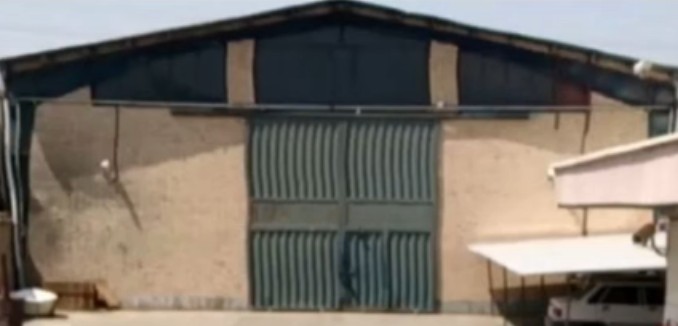In the nearly two weeks since Israeli Prime Minister Benjamin Netanyahu revealed that Israeli agents had recovered thousands of files documenting Iran’s secret nuclear weapons program, two experts in nuclear weapons technology expressed that the Israeli intelligence coup provided a “jackpot” of information and that the files show that Iran never gave up its nuclear weapons program.
The Australia/Israel & Jewish Affairs Council published remarks made by former International Atomic Energy Agency (IAEA) Deputy Director General Olli Heinonen and Institute for Science and International Security President David Albright on its website Thursday.
Heinonen had told NPR that even though a lot of the information in the Israeli intelligence trove was already known, there was “also new information.” He characterized the intelligence as a “jackpot.”
Heinonen explained that pictures included in Netanyahu’s presentation showed equipment that is used to produce nuclear weapons that Iran did not admit to possessing. “They must have manufactured pieces of equipment in Iran. Where are those pieces? Who is keeping them?” Heinonen wondered.
Albright, in an interview with The Wall Street Journal, said that the documents that the Israelis found showed that Iran had a “sleeping” nuclear weapons program. He called it a “stewardship program,” which came into being when Iran decided to make its AMAD program for developing nuclear weapons inactive in 2003. Iran intended for the program to remain dormant until such a time when it could “pop up” and be revived to develop nuclear weapons.
In contrast to South Africa, which surrendered all the documentation of its nuclear weapons program to the IAEA, Iran kept their documentation and hid it from inspectors. By keeping the documentation, Iran did not, in fact, denuclearize as required by the terms of the 2015 nuclear deal, also known as the Joint Comprehensive Plan of Action (JCPOA).
Albright argued further that Iran’s maintenance of the archive “belittles the value of the JCPOA” because of the sunset clauses in the deal. The archive alone is enough to demonstrate that Iran is in violation of the nuclear deal, he said.
The first reason, Albright said, is because “there is language in the JCPOA about being exclusively for peaceful use. It’s hard to see how this [the archive] is consistent with this pledge.”
Albright also pointed out that Section T in the JCPOA states “that under no circumstances will Iran ever seek, develop or acquire any nuclear weapons.” Iran put the head of the AMAD nuclear weapons program, Dr. Mohsen Fakhrizade, in charge of the secret stewardship program. This made the stewardship program, effectively, a program “contributing to nuclear weapons,” that was forbidden by the JCPOA.
Finally, he observed that the JCPOA required Iran to come clean about all of its past nuclear weapons work, but the intelligence showed that Iran had equipment that was used for nuclear weapons work that it never disclosed to the IAEA.
[Photo: i24NEWS / YouTube ]




